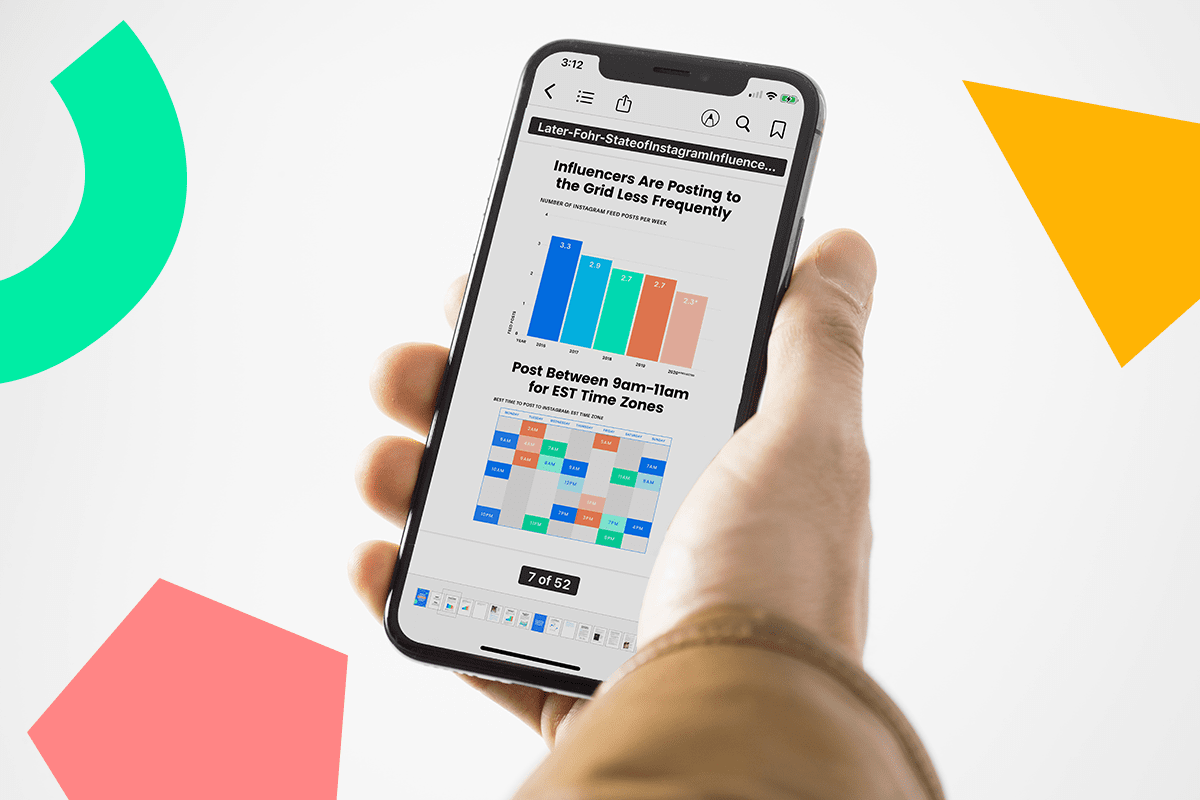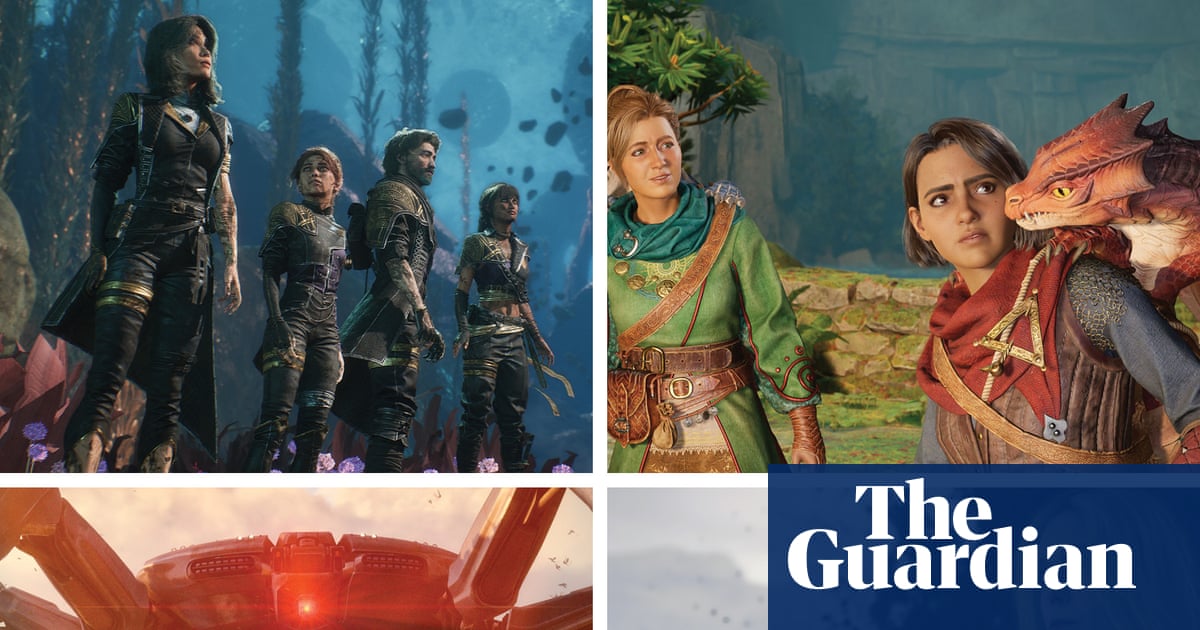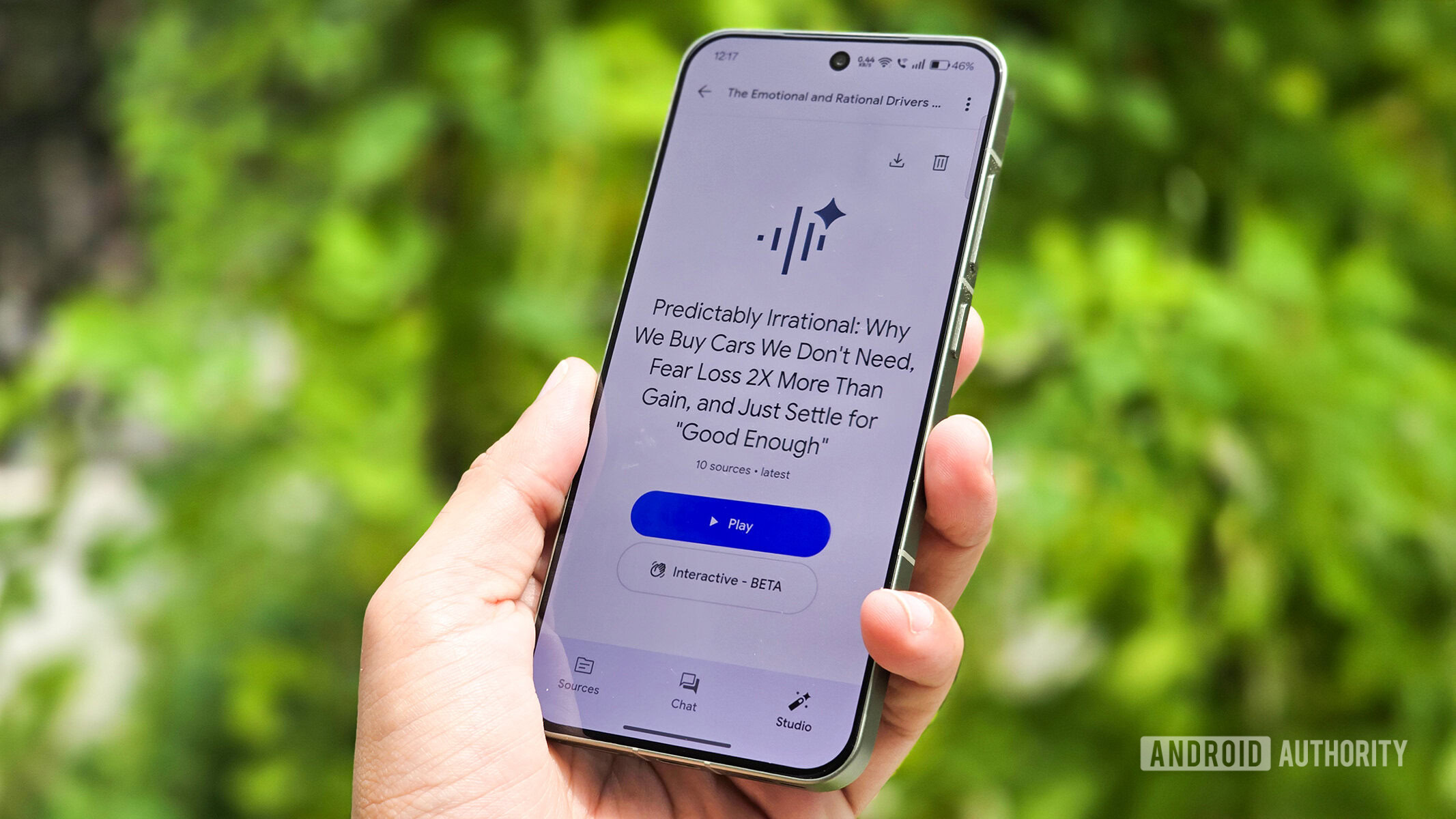OpenAI and CEO Sam Altman want ChatGPT to evolve beyond a conversational tool into a full-fledged digital assistant — one that can use other apps for you. The company announced a new initiative to create a “new generation of apps in ChatGPT,” allowing users to connect and interact directly with third-party services inside the chatbot.
The new feature was unveiled during OpenAI’s Dev Day, during which the company showcased several live demos highlighting how this could work in practice. In one example, ChatGPT connected to Spotify to generate a playlist based on the user’s favorite songs, created and saved automatically within the Spotify app.
Microsoft launches Copilot Mode in Edge for agentic AI browsing. How to try it.
Another demo showed an OpenAI engineer tagging Canva in the chat to design a poster for a dog-walking business. After specifying that it should look whimsical and bright with a sans-serif font, ChatGPT returned multiple poster options generated through Canva. The system prompts users for permission the first time an app is connected, but once approved, it can use that app freely in future chats.
Mashable Light Speed
OpenAI also demonstrated educational and real estate integrations, like creating a machine learning lesson plan via Coursera and finding homes for sale in Pittsburgh through Zillow.
Starting today, ChatGPT users can connect to apps including Spotify, Canva, Booking.com, Expedia, Coursera, Zillow, and Figma. Altman added that more integrations, such as DoorDash and Uber, are coming later this year. Additionally, developers will soon be able to submit their own apps for review and publication within ChatGPT. OpenAI also plans to launch a dedicated app directory, giving users an easier way to discover and install integrations. As for monetization, Altman says the company will share more details in the near future.
This push marks a key step in OpenAI’s broader vision of agentic AI, especially after the company recently introduced Instant Checkout, a feature that lets users make purchases directly in chat.
Disclosure: Ziff Davis, Mashable’s parent company, in April filed a lawsuit against OpenAI, alleging it infringed Ziff Davis copyrights in training and operating its AI systems.









